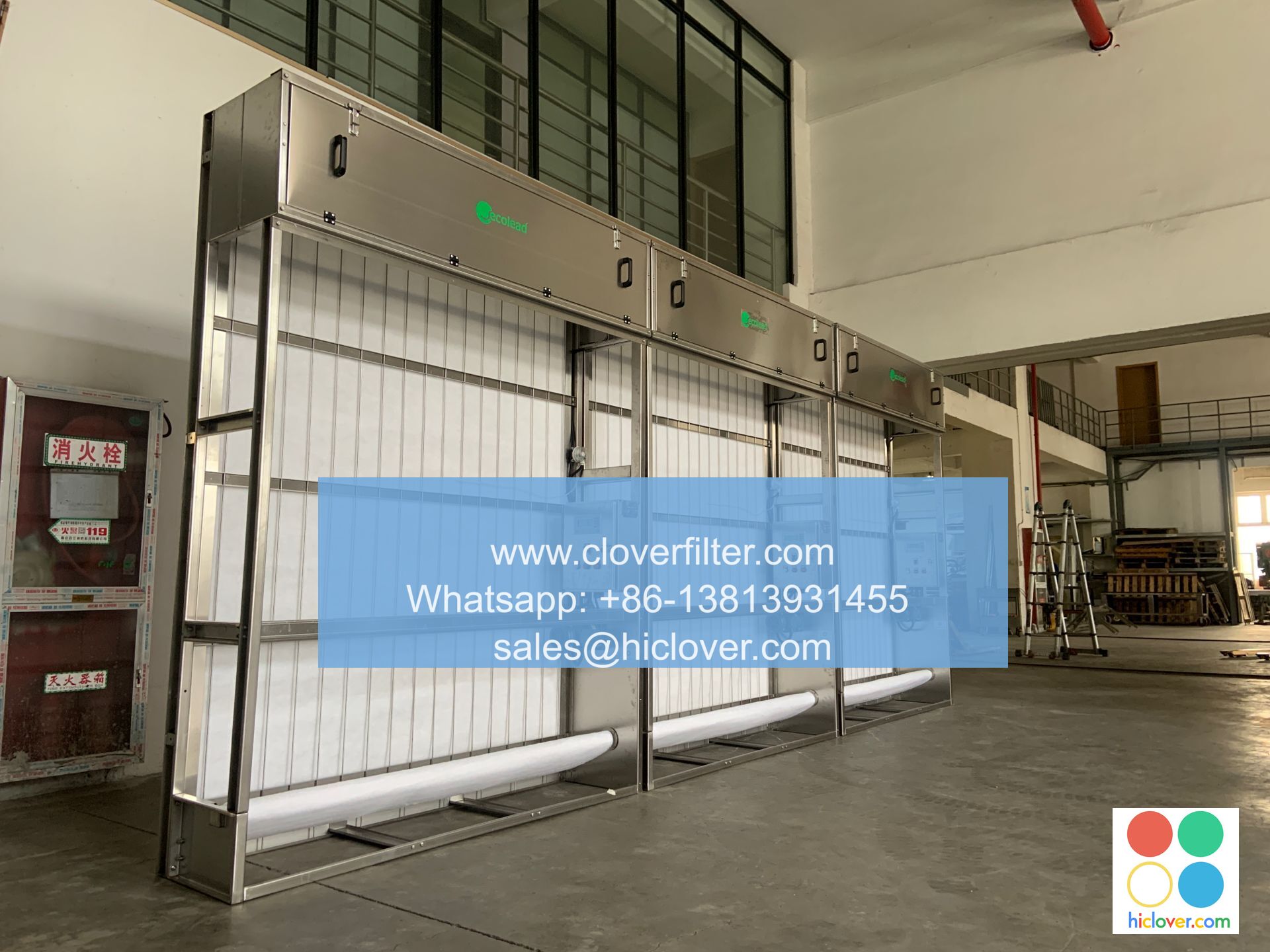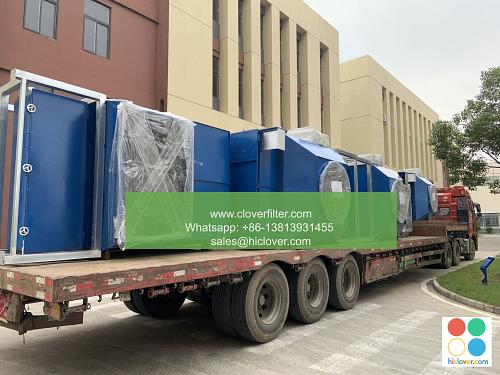New Developments in Air Filter Technology: A Review

The air we breathe is essential to our health and wellbeing, and with the increasing awareness of air pollution, the demand for efficient air filtration systems has never been higher. Recent advancements in air filter technology have led to the development of more effective, efficient, and sustainable solutions for various applications. This article provides an overview of the latest developments in air filter technology, highlighting key areas such as indoor air quality, air pollution control, and energy efficiency.
Advancements in Filter Media
One of the significant developments in air filter technology is the creation of new filter media materials. Nanofiber-based filters have shown excellent performance in capturing ultrafine particles, volatile organic compounds (VOCs), and other airborne pollutants. These filters have a larger surface area, allowing for better particle capture and improved airflow rates. Additionally, antimicrobial coatings have been introduced to prevent the growth of bacteria and mold on the filter surfaces, enhancing the overall indoor air quality.
High-Efficiency Particulate Air (HEPA) Filters
HEPA filters have long been the gold standard for air filtration, capturing 99.97% of particles as small as 0.3 microns. Recent advancements have led to the development of ultra-HEPA filters, which can capture particles as small as 0.1 microns. These filters are particularly effective in healthcare settings, where the risk of airborne infections is high. Moreover, HEPA filters with antimicrobial properties have been designed to prevent the growth of
Energy-Efficient Air Filtration Systems
The increasing focus on energy efficiency has driven the development of air filtration systems that minimize energy consumption while maintaining optimal performance. Variable air volume (VAV) systems and airside economizers have become popular choices for commercial buildings and industrial facilities. These systems optimize airflow rates and temperature control, reducing the energy required for heating, cooling, and ventilation.
Applications in Various Industries
The latest developments in air filter technology have far-reaching implications for various industries, including:
* Healthcare: Improved indoor air quality and infection control measures are crucial in healthcare settings. Advanced air filtration systems can help prevent the spread of airborne diseases and infections.
* Industrial manufacturing: Air pollution control measures are essential in industrial settings, where hazardous chemicals and particulate matter can pose significant health risks.
* Commercial buildings: Energy-efficient air filtration systems can help reduce energy consumption and operating costs in commercial buildings.
* Residential homes: Improved indoor air quality and air filtration systems can enhance the health and wellbeing of occupants, particularly those with respiratory issues.
Conclusion
The recent advancements in air filter technology have led to the development of more efficient, effective, and sustainable solutions for various applications. From indoor air quality and air pollution control to energy efficiency and infection control, these developments have far-reaching implications for various industries. As the demand for clean air continues to grow, it is essential to stay informed about the latest developments in air filter technology and their potential applications. By highlighting the key areas of advancement and application, this article aims to provide a comprehensive overview of the current state of air filter technology and its potential to improve our health, wellbeing, and environment. You haven’t provided a question or topic for me to address. Please provide more context or information so I can assist you better. What would you like to talk about or ask?

